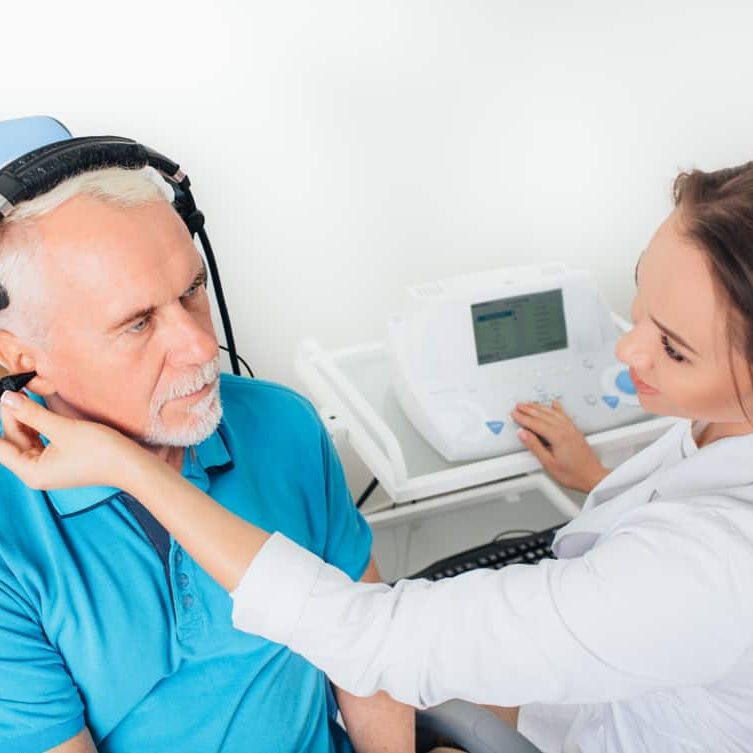TMJ Dysfunction
If a dysfunction of the temporomandibular joint (TMJ) is the source of your
tinnitus, you may find relief through dental therapy or bite realignment.
This issue can be identified and treated by a dentist.
Obstruction In Ear
Earwax buildup, a loose hair, or any other thing that comes into touch with
the eardrum can induce Ear Tinnitus. A health professional’s removal of the
object may help reduce the symptoms you are experiencing.
Head and Neck Injury
Somatic tinnitus can arise from a severe head or neck injury that affects
nerve, blood supply, and muscle function. Tinnitus symptoms may be
alleviated if the underlying physical trauma is treated with drugs,
osteopathy, physical therapy, or chiropracty. surgical procedures, such as a
neurectomy or microvascular decompression, may be required in some
circumstances. Injured patients need to see a doctor to identify the best
course of action.
Ototoxic Reactions
If your tinnitus is caused by an ototoxic medication, you may be able to find
relief by altering your treatment regimen. Tinnitus symptoms caused by most
ototoxic medicines are transitory and disappear when the substance is
completely metabolised by the body.
Contact your prescribing doctor if you are concerned about tinnitus as a side
effect of your medicine. Stopping any medication without first consulting to
your doctor is not recommended. Discontinuing a medication carries risks
that may outweigh any benefits.

